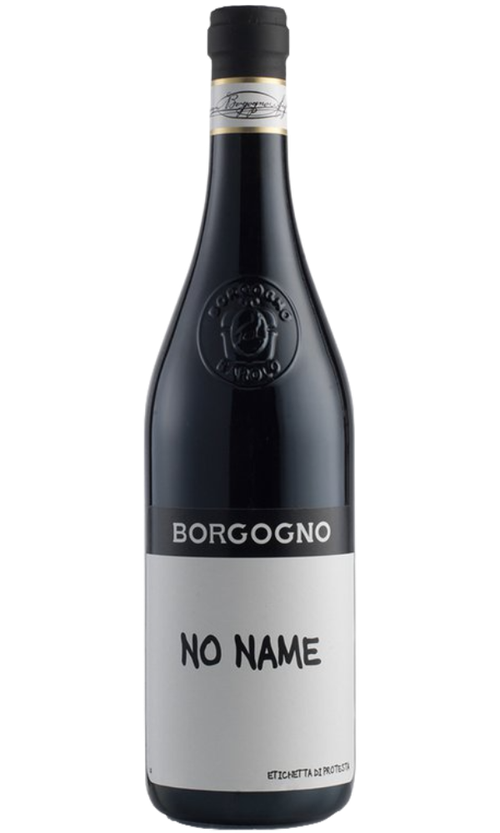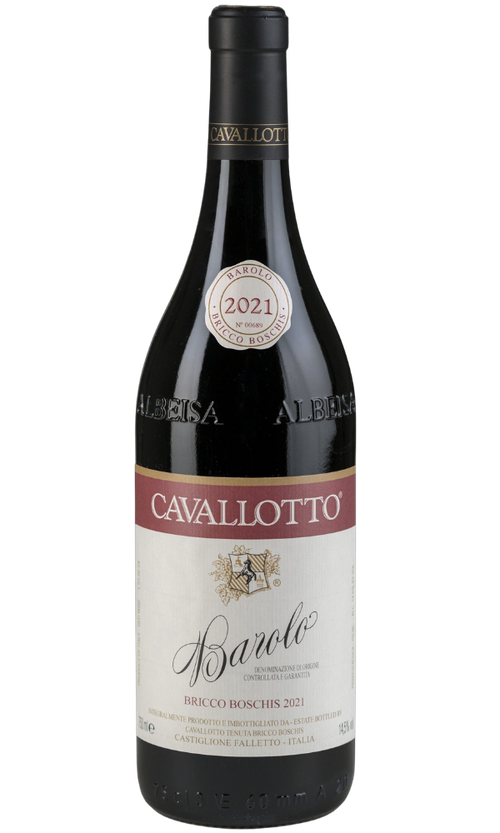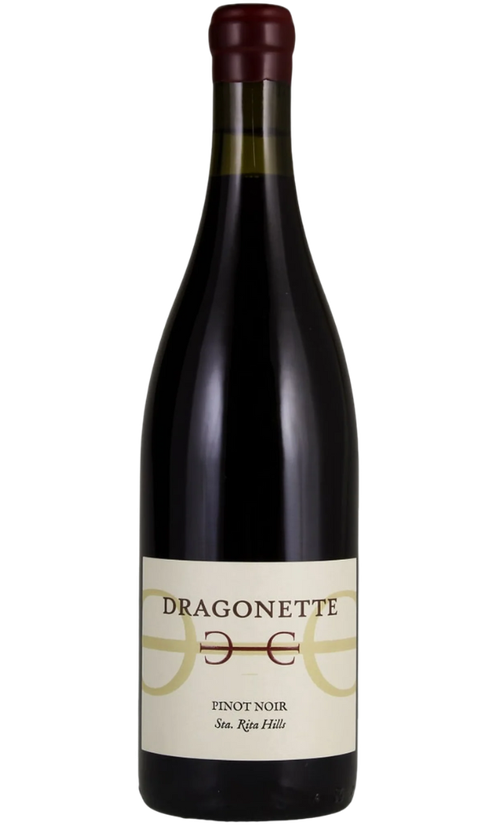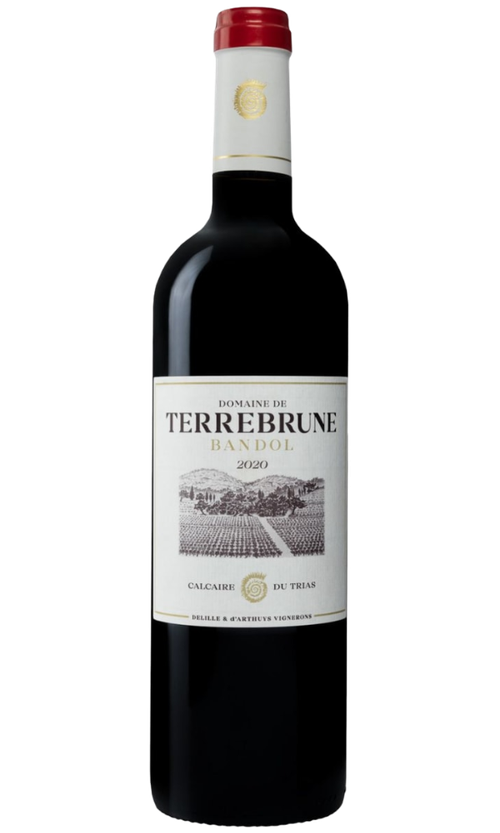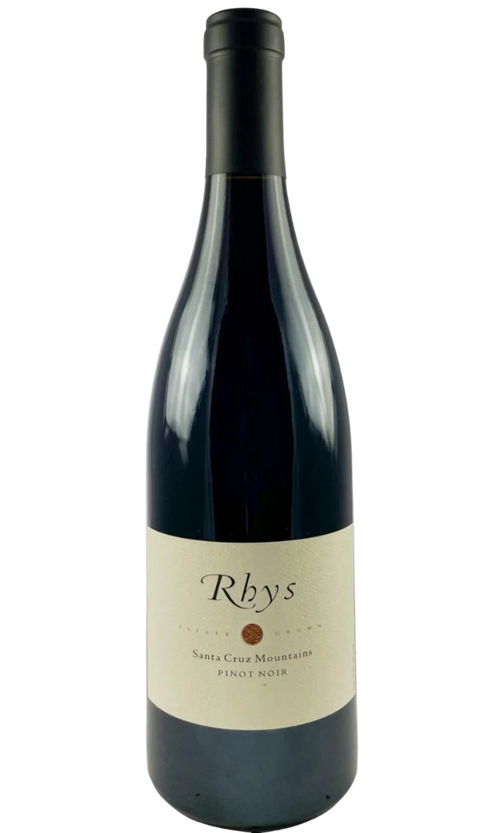
“A drop-dead gorgeous beauty” from one of Italy’s greatest vineyards

- 96 pts Kerin O'Keefe96 pts KK
- 95 pts Vinous95 pts Vinous
- Curated by unrivaled experts
- Choose your delivery date
- Temperature controlled shipping options
- Get credited back if a wine fails to impress
2021 Giuseppe Cortese Rabaja Barbaresco Piedmont 750 ml
- Curated by unrivaled experts
- Choose your delivery date
- Temperature controlled shipping options
- Get credited back if a wine fails to impress
From One of Italy’s Greatest Vineyards
Rabajà is one of Italy’s crown jewel vineyards. It’s one of just three sites in Barbaresco that Vinous rates as “Exceptional,” their highest classification, and they note it produces “epic, structured Barbarescos.” In 2021, Giuseppe Cortese produced one of the wines of the vintage from the site: Vinous called it “classic Rabajà…a drop-dead gorgeous beauty,” while longtime Wine Enthusiast Italy chief Kerin O’Keefe crowned it with 96 points.
Giuseppe Cortese founded his winery in 1971, during the dawn of Barbaresco’s modern era. He had the vision to realize that the future of Piemontese wine was in vineyard ownership, not buying grapes from small farmers, as his family had done.
So he bought land in Rabajà, the most prestigious vineyard in the hamlet his family called home. He also remodeled the winery, cleaning up its vinification techniques and cellar to lay the groundwork for quality, traditionally made wines for generations to come. In the 1990s, his son Pier Carlo came back from the prestigious Enological School of Alba and ratcheted the quality up yet another level, prompting Antonio Galloni to call the new wines “a fine set of new releases from Cortese” with “much to admire”.
That means native-yeast fermentations in old concrete tanks, which allow for delicate oxygen transfer and expressive fruit character, while macerating the grapes for over 20 days in a traditional style. Once fermented and pressed, the Barbaresco is aged for a year and a half in large old botti, the giant oak casks that allow Nebbiolo’s tannins to gradually soften without imparting oak flavors.
You might also like these wines
- You're on page


